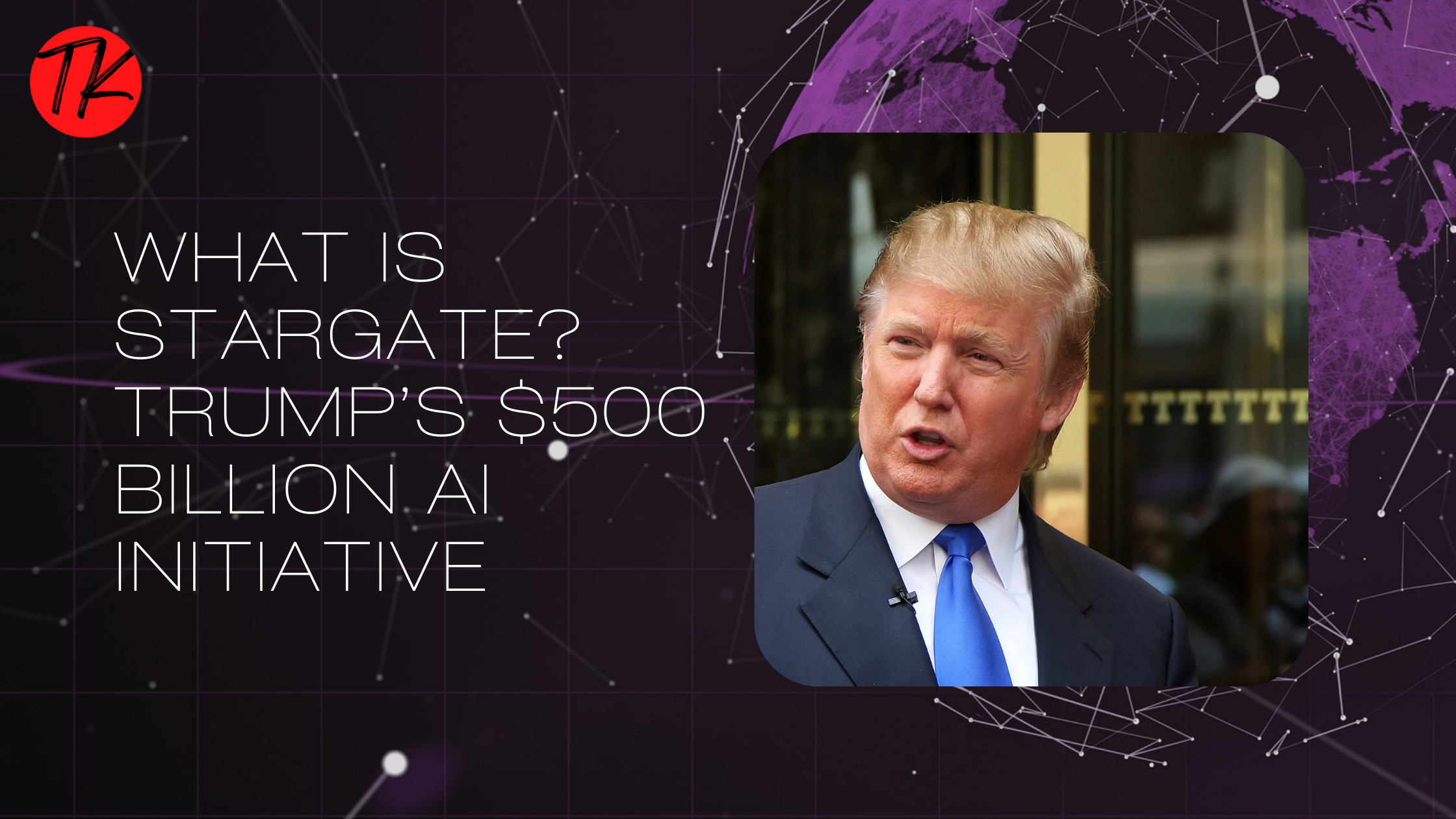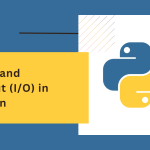Stargate is a groundbreaking AI infrastructure project spearheaded by a coalition of tech and investment giants, including OpenAI, Oracle, SoftBank, and MGX. Announced with a staggering $500 billion budget, the project aims to transform the U.S. into a global AI powerhouse over the next four years.
The initiative will focus on building state-of-the-art data centers, expanding AI capabilities, and fostering innovation to compete with rivals like China and the European Union in the global AI race.
Table of Contents
Key Details of Stargate
1. Investment Overview
- The project begins with a $100 billion initial investment, with further funds allocated in phases.
- The majority of the budget will be utilized to construct large-scale AI data centers across the U.S., with Texas identified as the primary starting point.
2. Job Creation
- Stargate is projected to create over 100,000 high-paying jobs in sectors like tech development, engineering, construction, and research.
- It emphasizes domestic talent development, with a push to upskill American workers in AI-related fields.
3. Infrastructure Development
- The project will establish high-performance AI supercomputing clusters, powered by companies like Nvidia and Arm.
- These data centers are designed to handle exascale computing—capable of processing unprecedented amounts of data to train advanced AI systems.
4. Collaboration with Technology Leaders
- Microsoft will provide cloud infrastructure, integrating Stargate into its Azure AI ecosystem.
- Oracle will contribute expertise in enterprise databases and cloud computing.
- Nvidia will supply cutting-edge GPUs for AI model training and deployment.
The Role of the U.S. Government
Former President Donald Trump played a pivotal role in championing Stargate, aligning it with his broader vision of “America First” in technology and defense.
Policy Shifts:
- Trump has revoked Biden’s executive orders on AI transparency, arguing that they hinder innovation.
- Stargate is backed by new legislation prioritizing faster permitting for AI infrastructure projects, tax incentives for AI research, and government-backed grants for AI startups.
Strategic Goals:
- Counter China’s rapid advancements in AI development.
- Strengthen national security by developing AI-based defense technologies.
- Promote innovation in sectors like healthcare, finance, and transportation through AI-driven solutions.
Global Implications
Stargate is more than just a U.S.-centric initiative; it has far-reaching global consequences:
- AI Dominance: Stargate positions the U.S. as a leader in AI R&D, challenging global competitors like China and the EU.
- Economic Impact: The project is expected to boost the U.S. economy by over $2 trillion in the next decade, thanks to job creation, innovation, and AI-powered industries.
- Collaborative Opportunities: By working with international tech companies, Stargate sets the stage for global AI standardization.
Controversies and Challenges
While Stargate is a promising initiative, it hasn’t been without criticism:
- Cost Concerns: Critics argue that the $500 billion price tag may strain federal budgets, especially during an era of rising national debt.
- Ethical Concerns: AI advocates have raised alarms over the lack of transparency and oversight in such an ambitious project.
- Geopolitical Tensions: Stargate’s focus on U.S. AI dominance may escalate tech rivalries with countries like China.
Closing Thoughts
Stargate represents a bold step toward revolutionizing AI infrastructure and ensuring the U.S. maintains its technological edge in an increasingly competitive global landscape. By fostering innovation, creating jobs, and securing strategic advantages, this $500 billion initiative has the potential to redefine the future of AI.
Soure:
OpenAI
CBS News
Read More:
Youth Impact Forum 2025: Empowering a Global Generation in Istanbul
Revolutionizing Healthcare: Northwell Health’s Breakthrough in Bioelectric Technology










